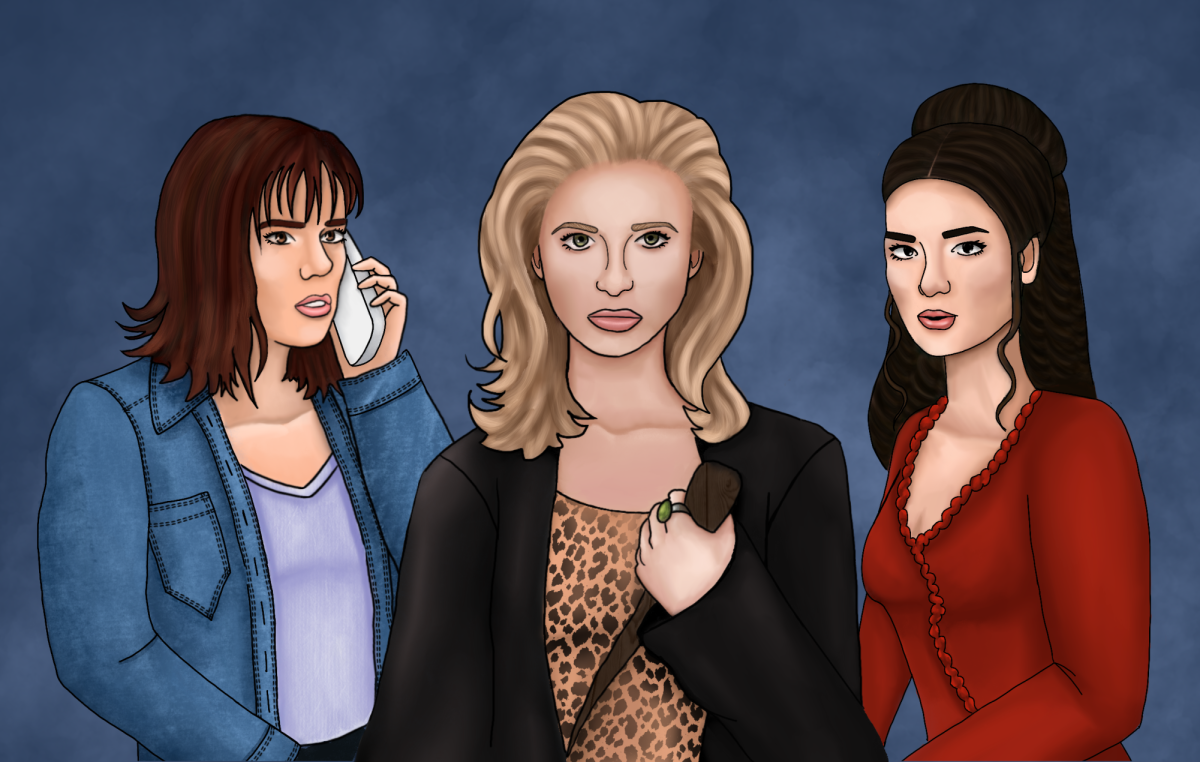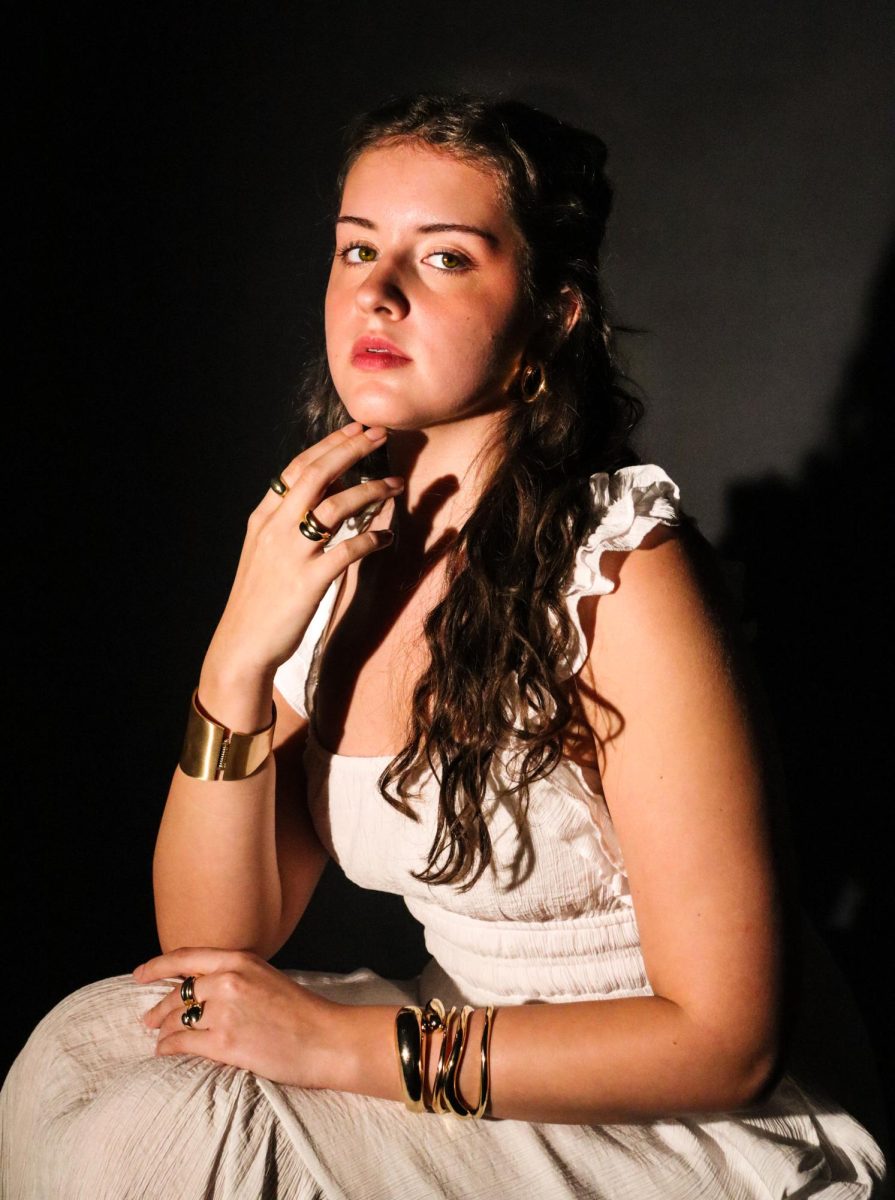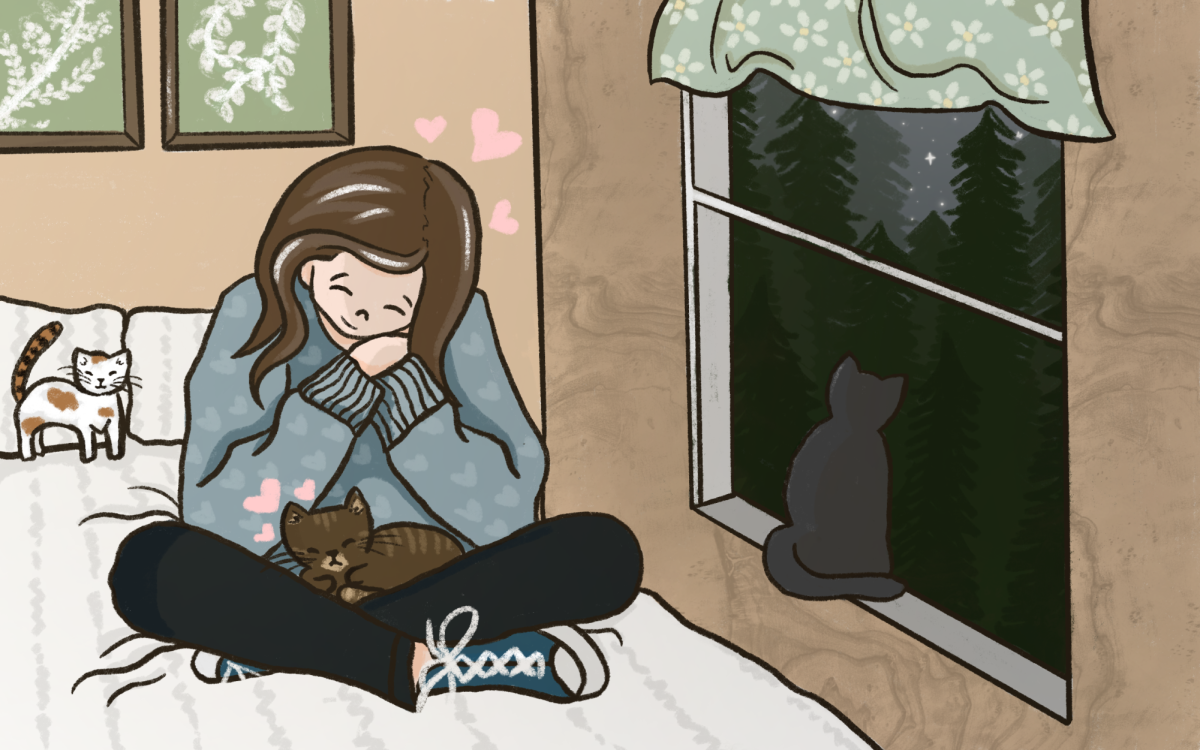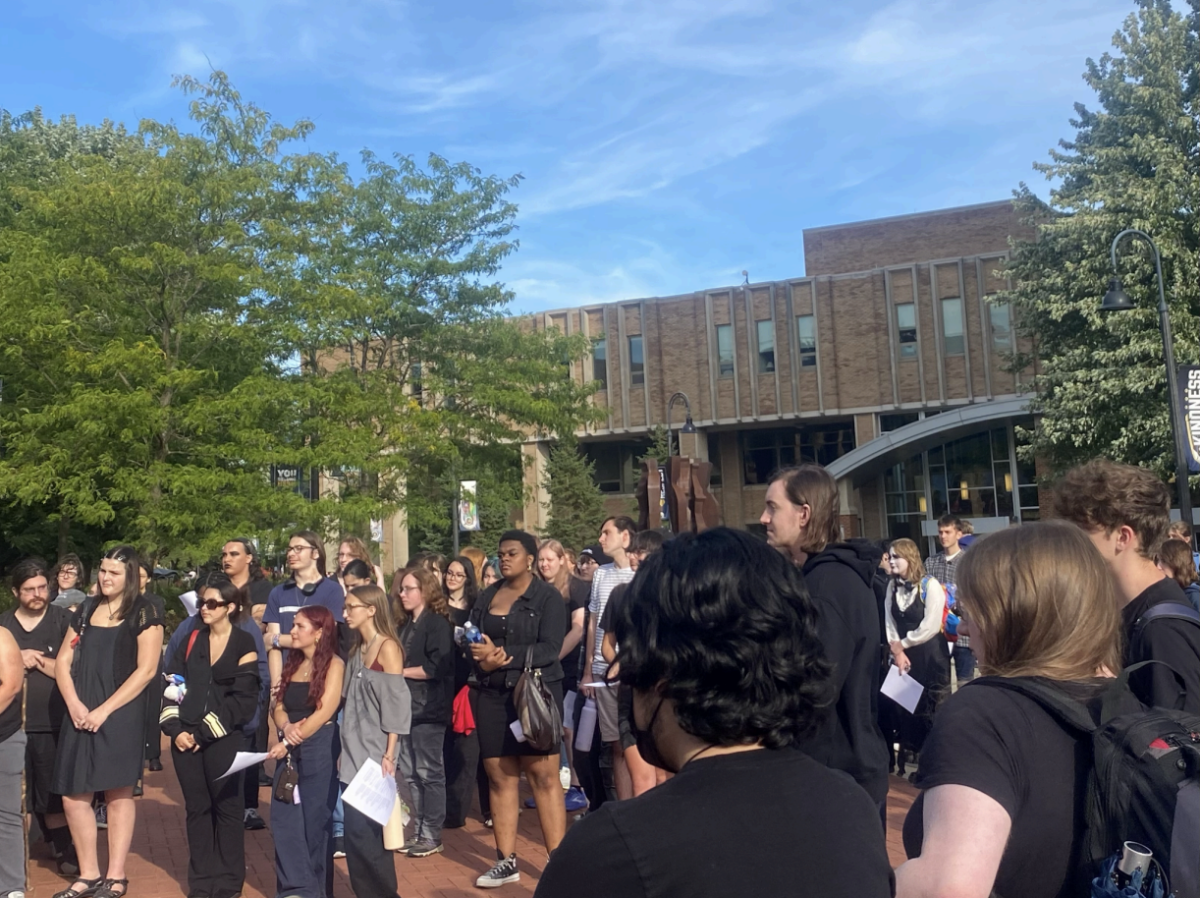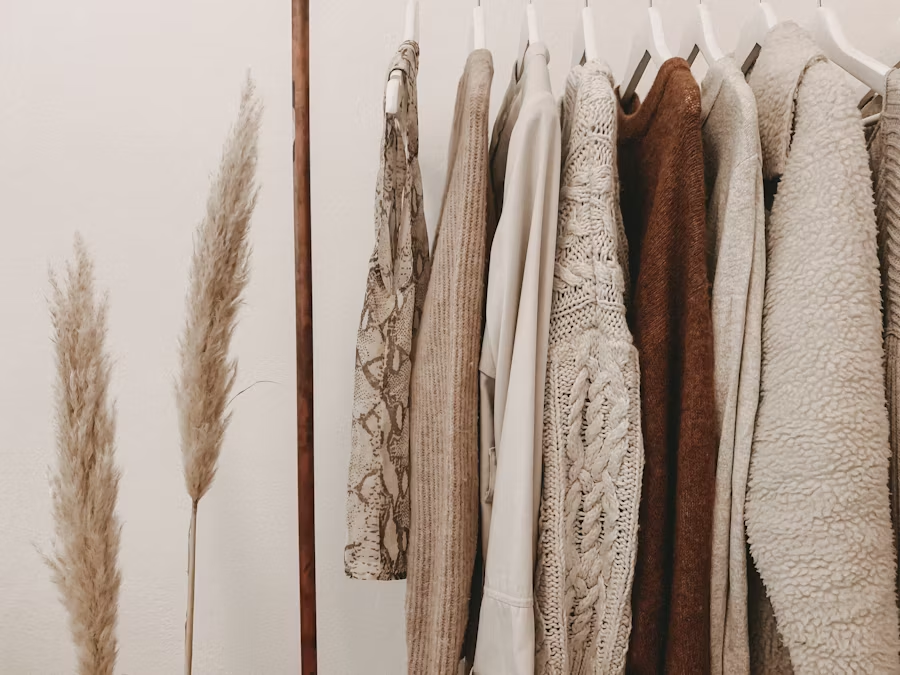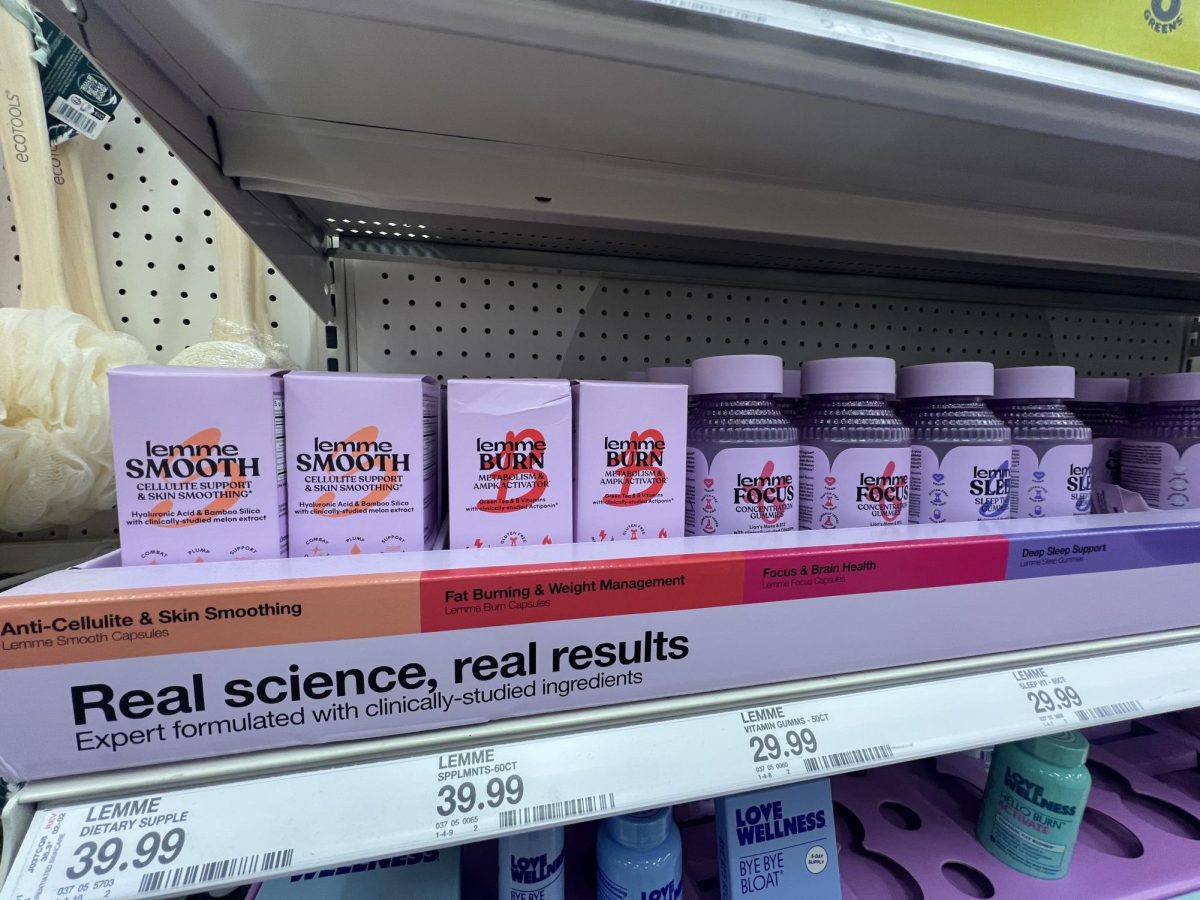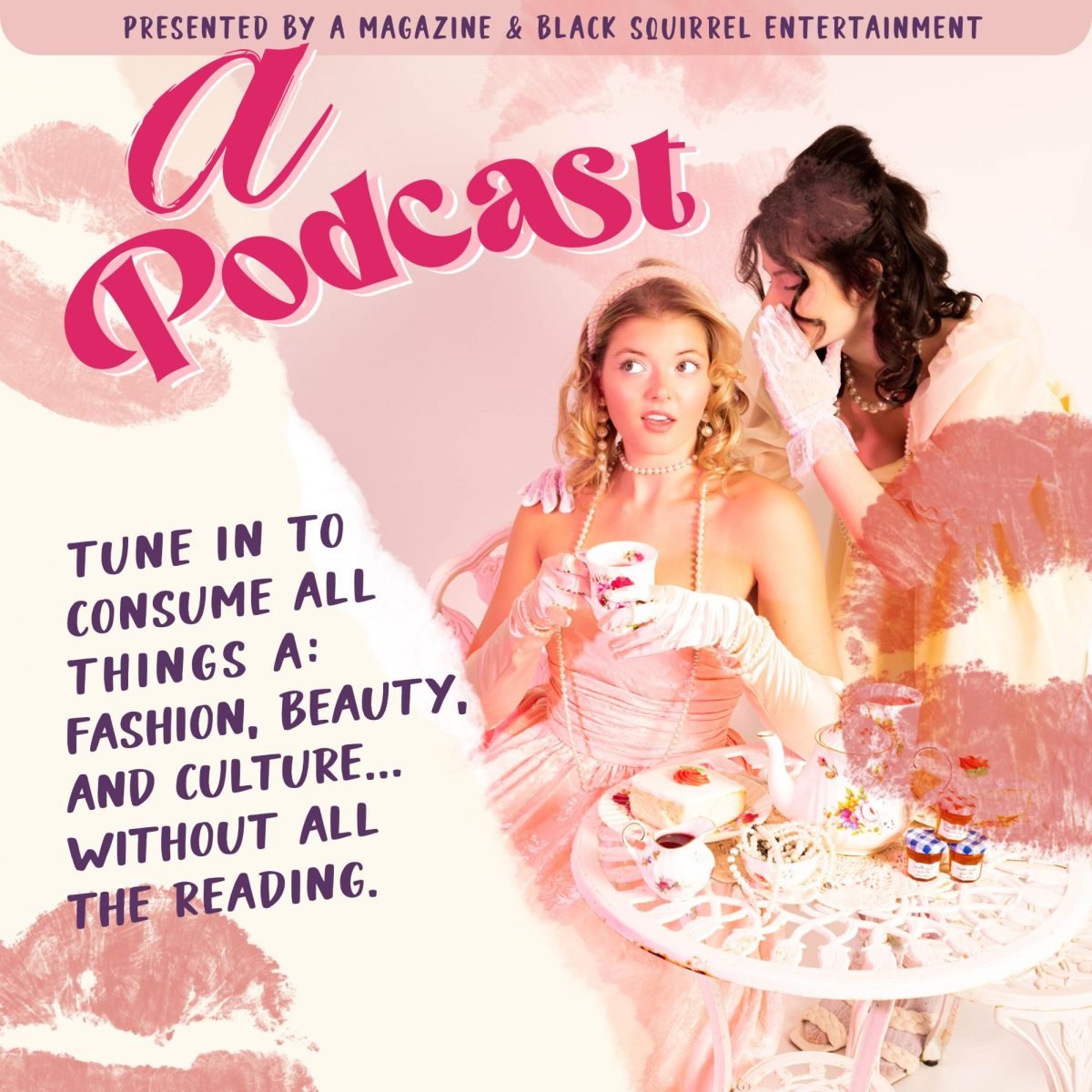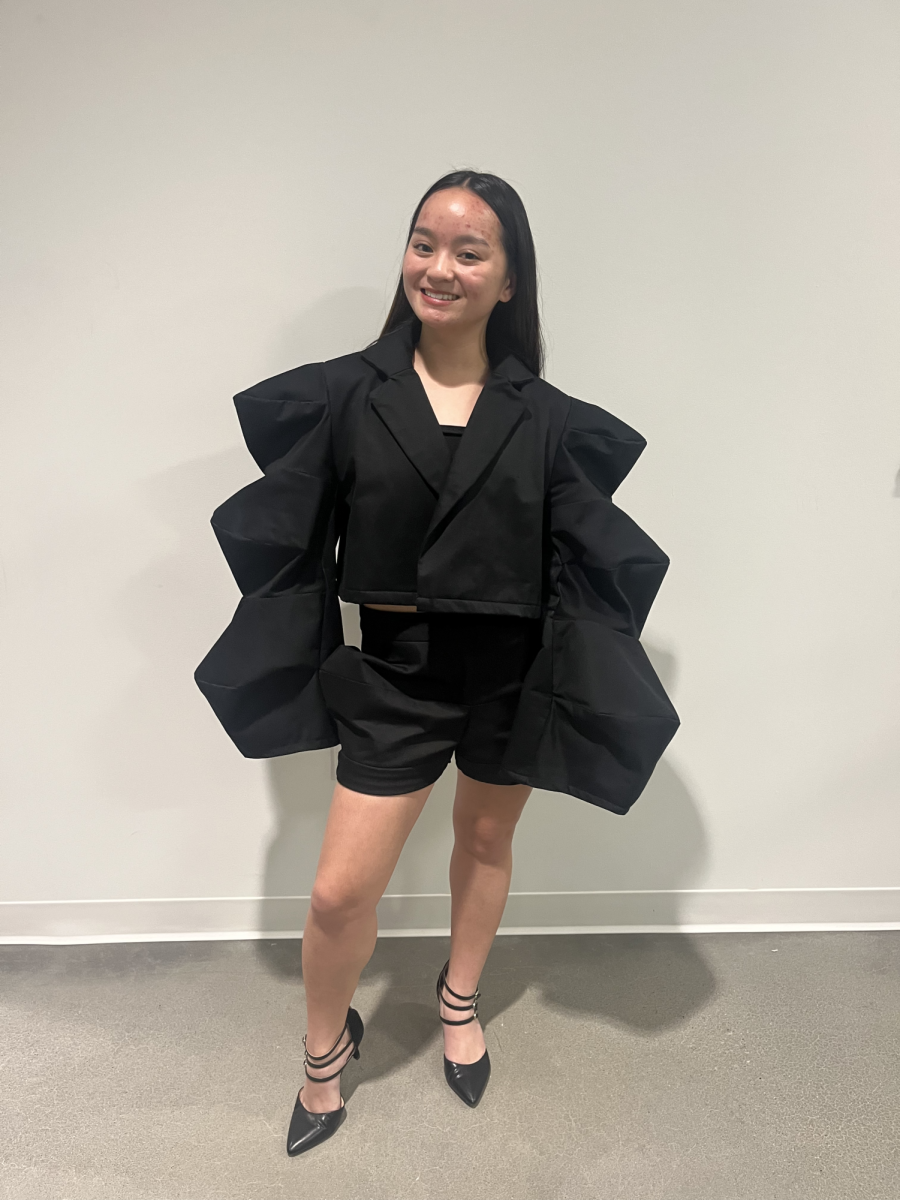From Sidney Prescott battling her boyfriend, Billy Loomis, and his friend, Stu Macher, in “Scream” to Nancy Thompson facing her fears of Freddy Krueger by turning her back on him, “final girls” have won our hearts.
“Final girls” are the female protagonists within horror movies who always survive the movie because of their wit and other factors. Initially, these girls often were virgins and rejected vices, like drugs, throughout the movie, but that aspect of the trope has changed over time.
For example in “Halloween,” Laurie Strode is able to survive Michael’s attack as she abstains from sex remaining a virgin in the movie. While Strode’s friend Lynda Van Der Klock and her boyfriend are murdered shortly after having sex.
Horror films highlighted virginity and abstinence from drugs to send a purity message to viewers because final girls were rewarded life for remaining pure.
However, more recent horror females like “Scream” have rejected the message of virginity as Prescott, who is not a virgin as she does have sex in the movie, not only survives the female but also defeats ghostface
Since becoming a fan of “Buffy the Vampire Slayer,” I began to read more horror books and watch other movies and TV shows, yet never fully understood why I was drawn to the genre. It wasn’t until I wrote an in-depth article on women’s representation in the genre that I realized the impact of these “final girls.”
At the end of each of my interviews for my in-depth article, I would ask the interviewees if they liked horror movies and why? The answers varied but within each of these answers was a message of empowerment.
I related to this message of empowerment as there is nothing more empowering, in my book, than the season two finale of “Buffy the Vampire Slayer.”
To keep a long story short, Buffy Summers battles her ex-boyfriend, Angel, who’s a vampire trying to take over the world. Angel points out that Buffy doesn’t have any weapons or friends with her, but Summer refutes this comment by stating the one thing left is herself.
“Final girls” already taught me to not let any challenge get the best of me, but this scene taught me that I can always rely on myself and the importance of self-worth.
Although “final girls” can be beneficial for showing young girls their capabilities, there is a sexist connotation attached to the “final girl.”
Carol J. Clover first explored the “final girl” trope in her book “Men, Women, and Chain Saws.” In her book, Clover noted elements of trope cause the “final girl” to become masculinized. These elements include an unisex name – think of “Scream” and its protagonist, Prescott – unisex clothing, like Strode’s in “Halloween,” and utilizing a weapon to kill the killer.
Final girls becoming masculinized is what further my appreciation for Summers. Throughout the show she embraces her femininity, forgoing dressing in an appropriate way for fighting monsters to wear a halter top.
Because Summers embraced her femininity, I learned women are capable of being leaders and being feminine.
Female leaders often feel the need to take on masculine qualities like assertiveness and self-advocating; however a study discovered that when they take on these qualities they face backlash.
Even though the portrayals of “final girls” are not always accurate, having these women demonstrating masculine qualities like assertiveness while embracing femininity is key. A Harvard Business study discovered representation of female leaders on screen led to improved self-perception and performance in women.
With this in mind, I hope other young girls, like I did, realize their self-worth and resilience from watching women in horror like Summers, Prescott and Thompson go toe-to-toe with their biggest foes and always come out on top.
Support Student Media
Hi! I’m Kayla Friedman, A Magazine’s editor-in-chief. My staff and I are committed to bringing you the most important and entertaining news from the realms of fashion, beauty and culture. We are full-time students and hard-working journalists. While we get support from the student media fee and earned revenue such as advertising, both of those continue to decline. Your generous gift of any amount will help enhance our student experience as we grow into working professionals. Please go here to donate to A Magazine.

